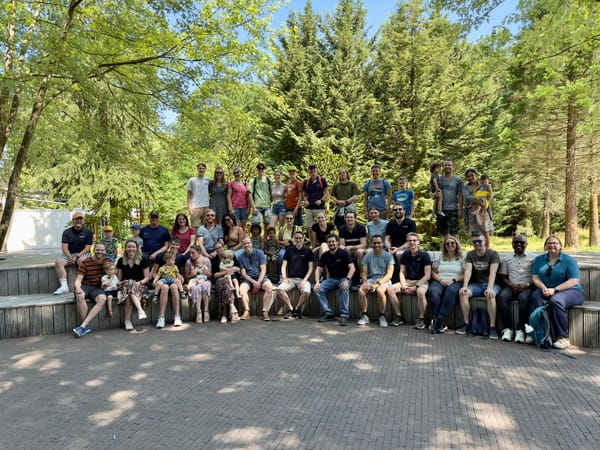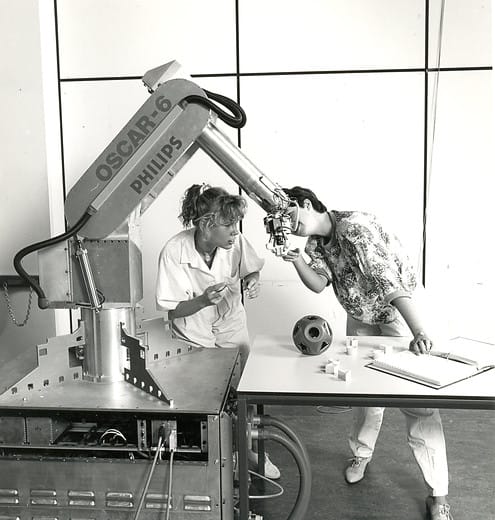An Incoherent Vent - Where Technology and Humanity Intersect
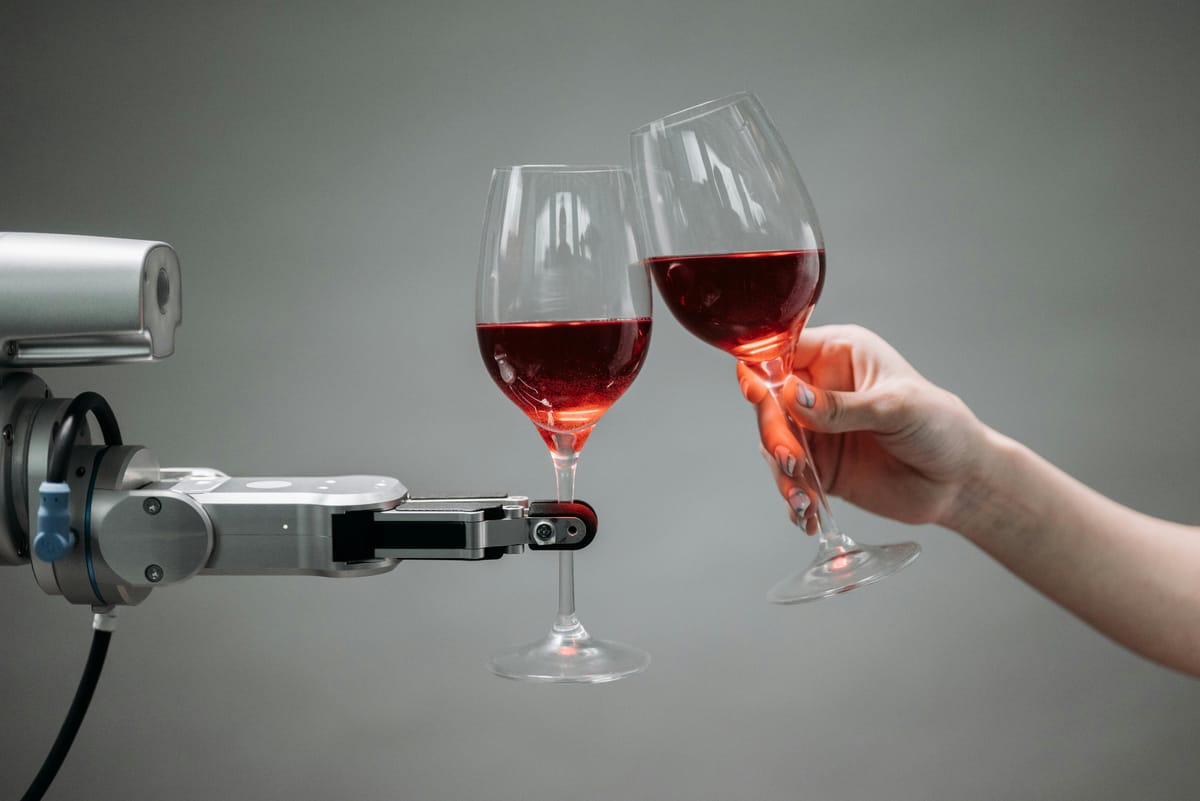
“I don’t know if the future is going to be a utopia or a dystopia. But it’s unlikely to be anything in between.” - Tim Urban
I keep thinking about that scene from I, Robot.
Detective Del Spooner: “Human beings have dreams. Even dogs have dreams, but not you. You are just a machine. An imitation of life. Can a robot write a symphony? Can a robot turn a… canvas into a beautiful masterpiece?”
Sonny: “Can you?”
And then a ton of questions flood my mind. I am putting them here because I do not want to be the only one having this existential crisis.
What makes us human? What sets us apart? Is it consciousness? Creativity? But then again, can you? Not all of us reach that level of genius - or even try to. So how did we get here? Or are we ever going to get there? To a point where we have these conversations with AI. Where there is a kind of reversed Turing test, where robots try to figure out if you are human or not.
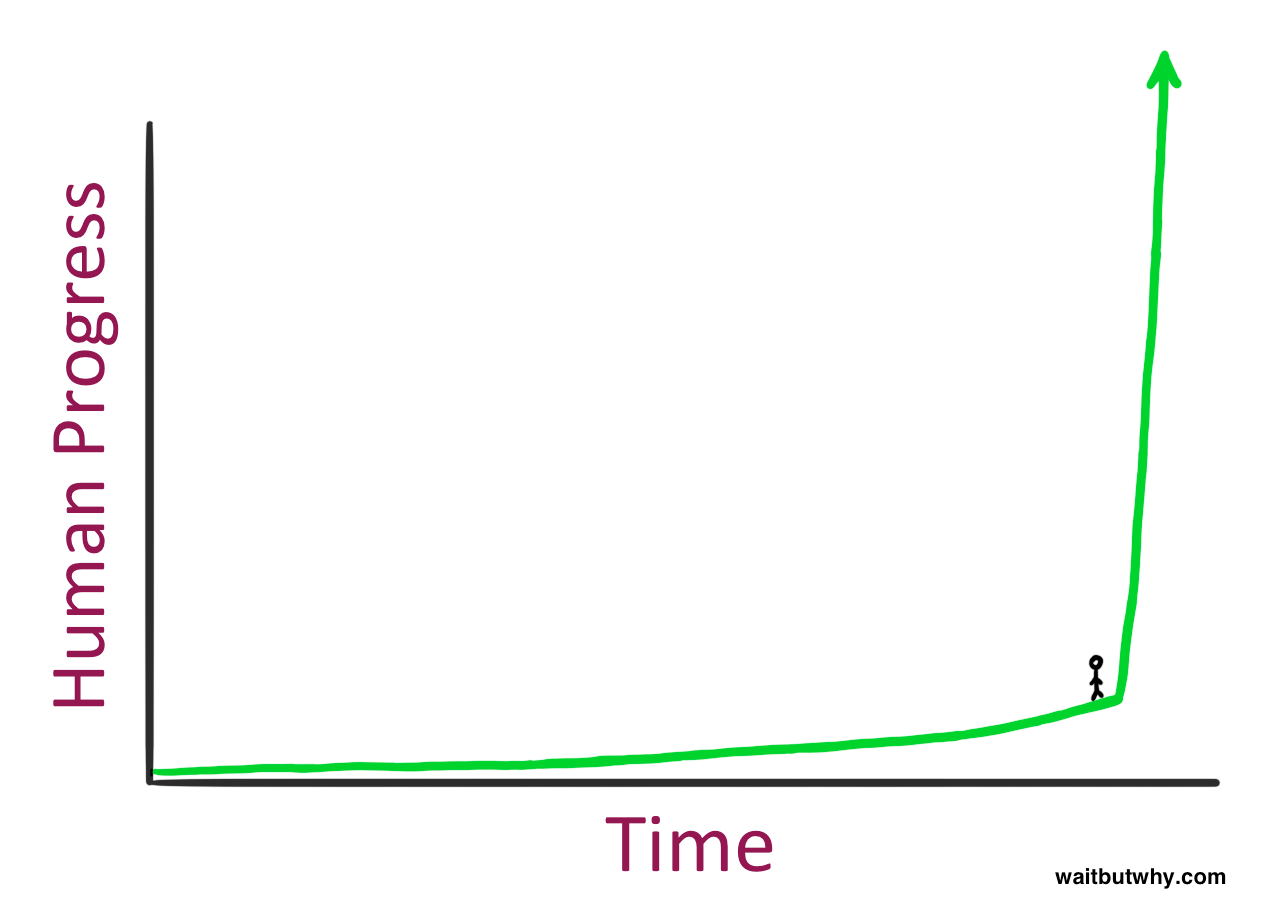
Or in another order of ideas. How has technological progress accelerated so much? Ray Kurzweil’s Law of Accelerating Returns: technological advances feed on themselves, making progress even faster. But how do we adapt to a world that is changing every second? Why are we so afraid of being replaced? Why do we even think we will be replaced? Is it because we are so young as a species, and we are still fighting with our biology, trying to find principles that don’t get obsolete? Why do we even see everything through this dystopian lens? Why can’t we imagine a future where we work together with technology? Like that solar punk Ghibli aesthetic. Because in the end, technology helps us become more human. Asking these questions pushes us closer to authenticity. It forces us to peel back the layers until we reach that authentic voice buried beneath our biological evolution screaming “fit in”. Nonconformity has become the new conformity.
I am not signing up for the techno-optimist manifesto wholesale, but I will borrow some highlights. I do not believe that beauty only exists in struggle or that technology must violently conquer the unknown. But I do believe this struggle - the questions, the fear, the collaboration - is where we find our humanity. Let us bring this to Pixar and Ed Catmull. Because I think it is the best example for what I am trying to say. I will probably dedicate one full article on the evolution of computer graphics because of him.
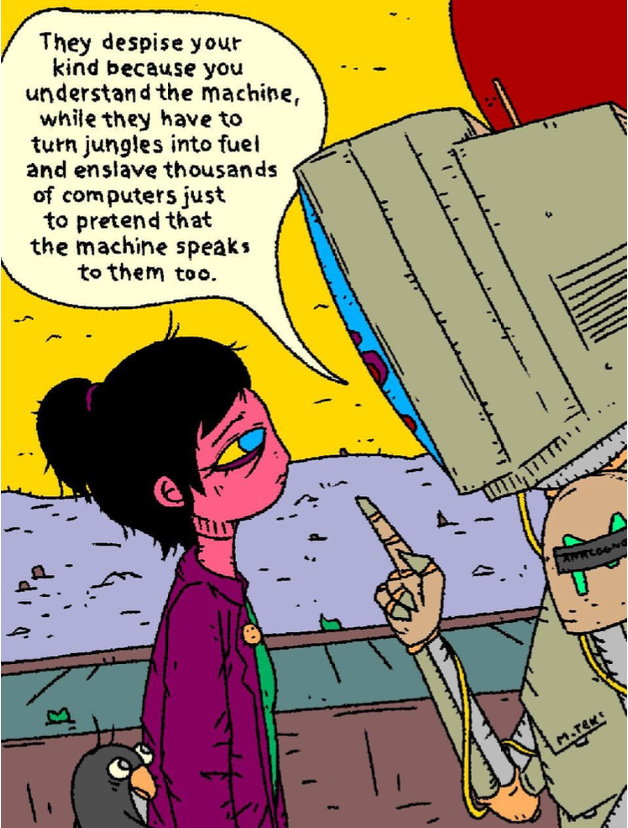
Ed Catmull is not your typical tech founder. He is not walking over dead bodies like Jobs or singing in workaholism like Musk. His story is quieter, more thoughtful. He is the guy who blurred the lines between art, storytelling, and technology. At the start of Creativity, Inc., his semi-autobiography, Catmull talks about his love for art - learning to draw, dreaming of becoming an animator - and how he was pulled into the world of computers. His heroes, Walt Disney and Albert Einstein, hinted at what he would achieve. And boy, did he deliver. Catmull is to computer animation what Feynman was to quantum physics. He even received the Turing Award, the computer science equivalent of the Nobel Prize. But his legacy isn’t just about technology. It is about people. Catmull’s technology was robust because it had a purpose: to tell stories. And that is why he is so good at drawing practical lessons from complex ideas. Like when ARPA taught him, “When challenged, get smarter.” Or how he said drawing lessons weren’t about learning to draw but learning to see. One of my favorite parts of the book is when he talks about Cassandra and Apollo. Cassandra wasn’t cursed. The people who could not understand her were. Is there a Cassandra among us we are failing to listen to? Maybe that is why Catmull’s leadership philosophy screams failibilism: fail fast so you can correct faster. He would tell his team, “Give ’em the Toyota speech” - a pep talk more than just-in-time-manufacturing, but just-in-time learning, where the most important skill is just figuring out as you go, about candor - giving everyone the chance to be as honest as possible, focusing on the problem, not the person.
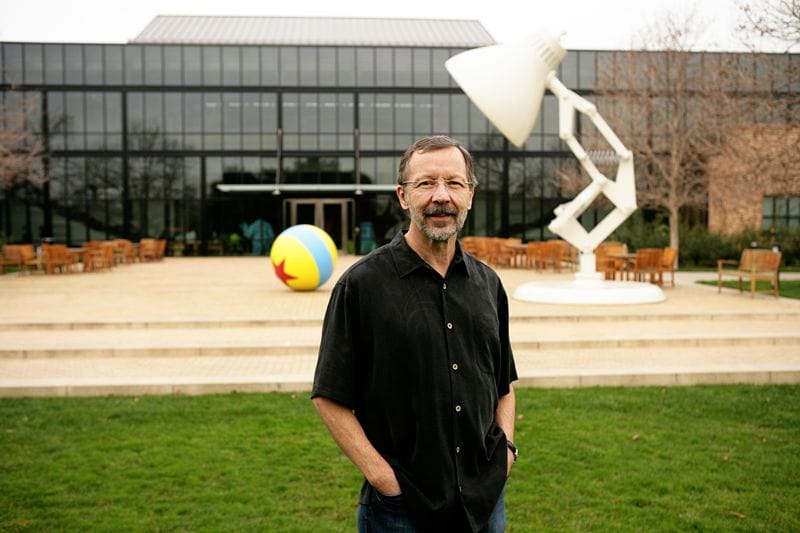
So what is the takeaway here? Technology evolves because we push it. But it is not just about the tools we build. It’s about what those tools make possible. Pixar’s movies do not wow us because they are technological feats. They wow us because they are human. Technology only can amplify our humanity. This paradox... the more it evolves, the more it challenges us to understand what makes us human.
And that brings us back to the questions. What makes us human? What is our place in a world where machines can do what we do - and sometimes better? Maybe it is not about what we can do but why we do it. Maybe it is about the stories we tell and the connections we make. Our beliefs, and opinions. Maybe it is about peeling back the layers to find that authentic voice that makes us who we are. About what we can create together. We do not have to prove anything anymore. Amor fati.

